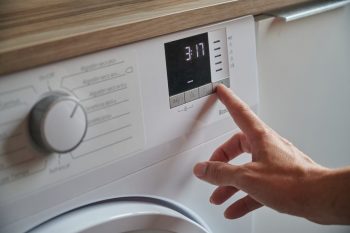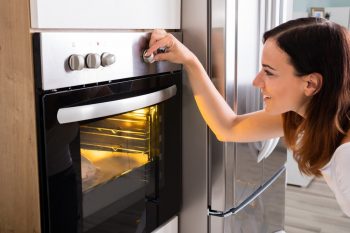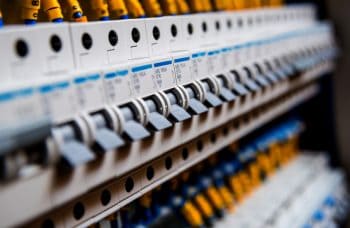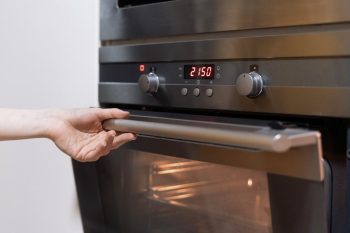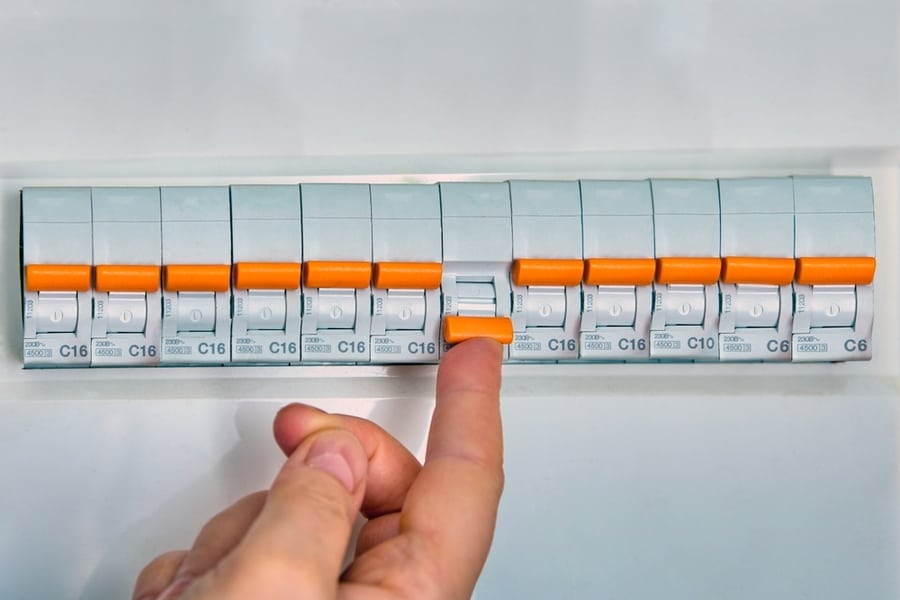
So you plugged in your toaster, and now there’s no electricity in your kitchen. If this has happened a little too often, you probably already know it has something to do with your circuit breaker. While it serves a useful purpose, it can get annoying when your circuit breaker keeps tripping.
Fortunately, there are things you can do to keep it from happening too often. Wondering how to prevent your circuit breaker from tripping all the time?
Here are some tips.
- Circuit breakers trip when they’re overloaded.
- Make sure to check how many appliances you have plugged in and running at a time to prevent overloading.
- Replace old circuitry and components when necessary.
- Replace your outlets with GFCI outlets where applicable.
- Call a professional if you can’t isolate the cause for your circuit breaker constantly tripping.
Circuit breakers trip for several reasons. Most of the time, there’s something you can do to fix the problem and keep your electrical current constantly running throughout your home.
How To Prevent Your Circuit Breaker From Tripping
All of the intricate electrical wiring that courses through your home are interconnected. So when one system is overloaded, it can cause catastrophic damage to the electrical system and all of the plugged appliances throughout your home. Fortunately, we have circuit breakers these days to prevent that.
Designed to compartmentalize the circuitry in your home, circuit breakers are comprised of several switches that correspond to different areas in your house. When a specific area is overloaded, it trips the switch to that particular location to prevent further damage to the rest of your wiring.
While this keeps your home safe, it can also get annoying. So if your circuit breaker is constantly tripping, here’s what you can do to prevent it.
1. Plug Less Electronics and Appliances
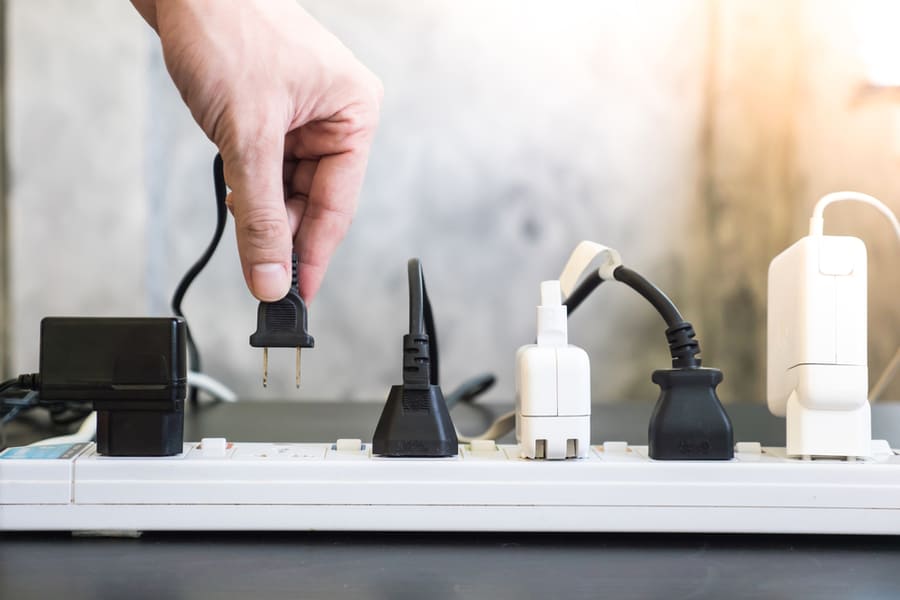
According to experts, kitchens and bathrooms are the most prone to overloading. People typically use the most power-intensive appliances and electronics in these rooms. All of that said, the simple solution would be to plug less.
You might also want to consider unplugging appliances that aren’t in use. Reports show that many different electronics in our homes use phantom energy. This means that even when turned off, they will continue to consume electricity if they’re plugged in.
Pulling the plug on these appliances can help keep the load on your electricity within reasonable limits.
2. Have Your Electrical Components Checked
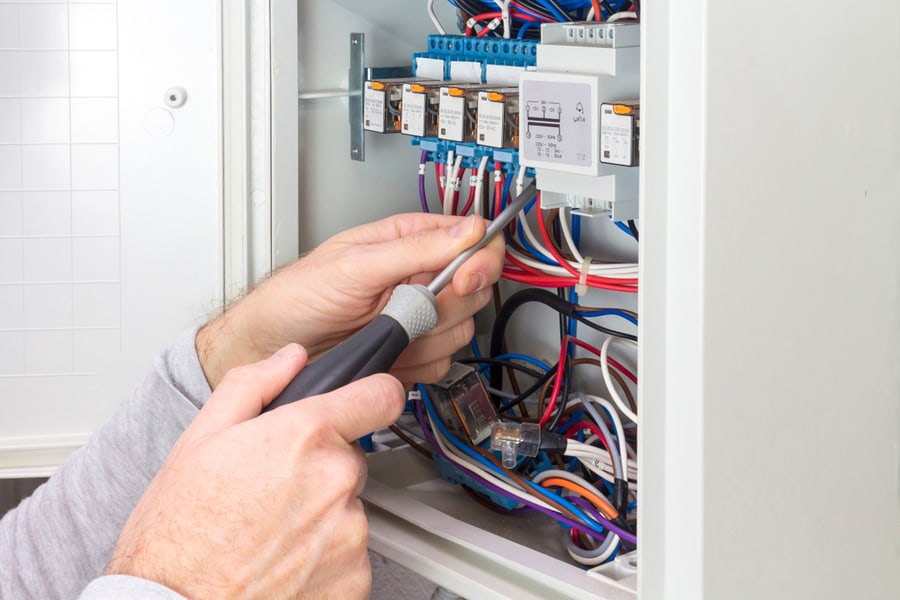
If your circuit breaker is constantly tripping, there might be an issue with one or two of the electrical components within your walls. As wires and parts become older, they wear away and deteriorate, causing malfunctions and functional problems.
According to experts, older electrical components become less accommodating of a current. So to transmit power, your house will send more electricity to pass through the stubborn, old parts.
This creates heat and may overload your system. Worse, aged electrical components can even cause fires.
See to it that you call an electrician if you sense that your electrical components are failing. Because the situation can go south quickly, it’s best to call for immediate assistance as soon as you detect a problem. You might also want to consider keeping tripped switches off to prevent further damage to the components in those areas.
3. Install GFCI Outlets
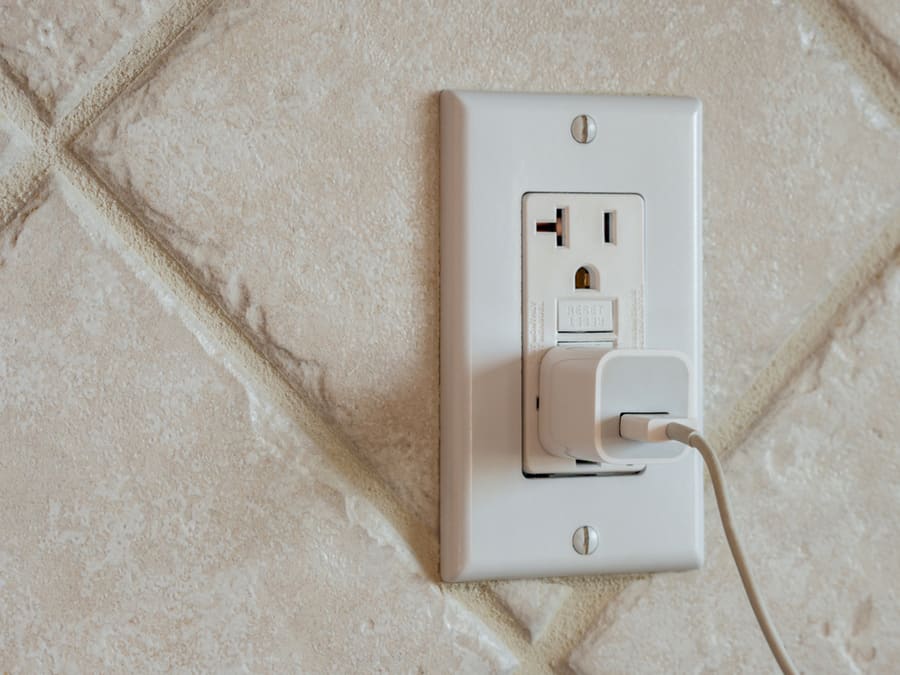
Ground fault circuit interrupter (GFCI) outlets are specialized outlets that you can use to replace virtually every outlet in your home. They constantly detect the current flow through the system, allowing the outlet to trip itself in case of an overload.
If you accidentally overload the outlet, it will automatically shut off locally, so you won’t have to go to your circuit breaker to restore the current. Instead, simply unplug the appliances, press the dedicated ‘RESET’ button on the GFCI outlet, and it will be ready to use all over again.
What’s nice about GFCI outlets is that they also prevent lots of different kinds of overloading accidents. For instance, they’ll cut the power to an appliance immediately if it detects a surge, like if you accidentally drop your blow dryer in the tub. For this reason, GFCI outlets are ideal for kitchens and bathrooms.
Conclusion
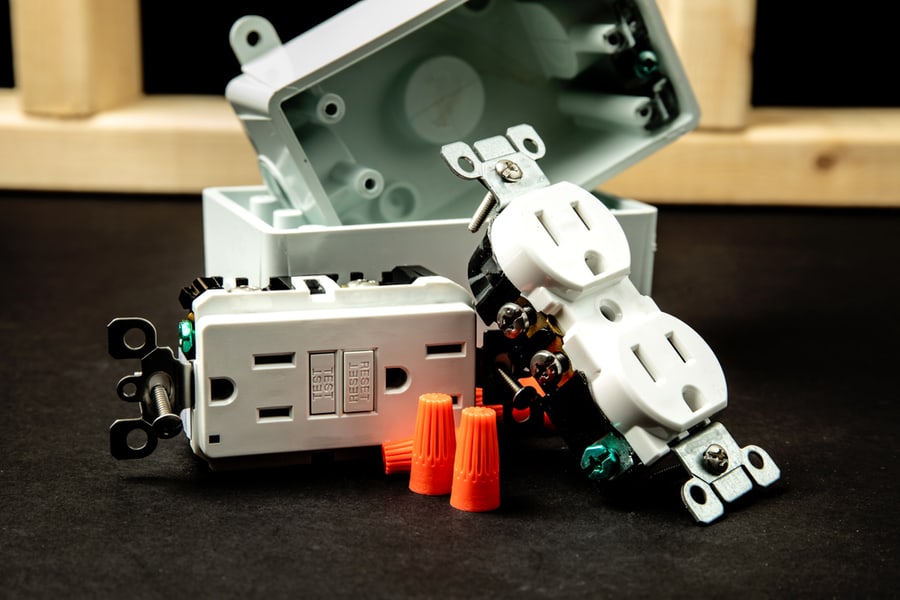
A circuit breaker that keeps on tripping can become a significant nuisance. See to it that you manage the load you impose on your outlets, keep an eye on the status of your electrical components, and install GFCI outlets where you can to keep the problem from happening.
Frequently Asked Questions
Should I Be Worried if My Circuit Breaker Keeps Tripping?
Circuit breakers are designed to trip if they’re overloaded. If it has something to do with the wattage of the electronics you plug into the outlet, you shouldn’t have to worry. Just manage what you plug in, and the problem should stop.
But if your circuit breaker keeps tripping with no apparent cause, accompanied by browning outlets and the smell of something burning, you might be on the brink of an electrical fire. Call a professional as soon as possible.
What Is the Average Lifespan of a Circuit Breaker?
Circuit breakers are pretty sturdy, lasting three to four decades without a fuss. Keep in mind that the electrical conditions in your home may shorten the lifespan of a circuit breaker. The more negative electrical events you have, the shorter your circuit breaker will last.


